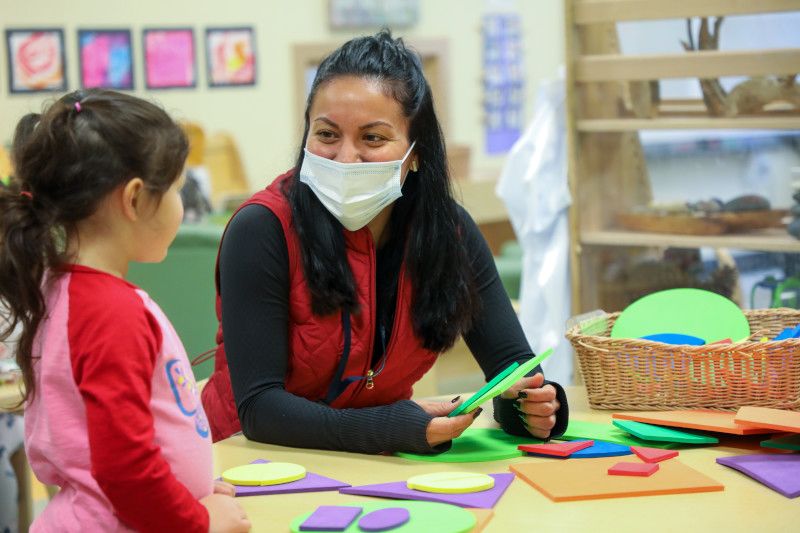Higher education is going through historically uncertain times.
Fall campus openings are questionable. Students are nervous. Enrollment for the coming year, according to the Wall Street Journal, is expected to drop as much as 15%.
“To survive the pandemic,” read an article on LinkedIn recently, “American colleges need a revolution.”
It’s true. And colleges aren’t the only ones who need to be concerned. Employers should be worried, too. They’ve long depended on college-earned skills – hard and soft -- as the engines that drive leadership, innovation, and sustainability. But suddenly, the order is in question. What happens if the annual crop of freshly minted traditional undergraduates dries up? Employers will have to shift to help adult learners to fill gaps.
But the surprise for many may be that such a change was already in motion.
Shifting with A Changing Landscape
In fact, long before the pandemic, one of the biggest shifts on college campuses was who was on them – adults already on the job. “Nearly 74 percent of American undergraduate students,” wrote USA Today in 2018, “are ‘nontraditional.’”
And learning delivery was shifting to meet them. A one-size approach was no longer enough. It’s true we had clients still planning long-term for degrees. But others needed skills right now, and many needed both. Just as important, they needed programs built for adult learners who typically can’t be on campus. So we partnered with schools to highlight those programs; degrees, certificates, boot camps that could deliver. Employers got skills. Employees advanced careers. Everybody got what they needed. And it worked – all completed from living rooms around the country.
Partnerships Between Schools and Employers
Just as important is how ready these programs were for this moment. While one big story of the pandemic has been schools suddenly figuring out how to shift to online learning, the bigger story might be programs that were already there, and so students for whom there was no change required at all. Because forward-looking companies like our clients had already committed to education created for this purpose; who foresaw adult learners as pivotal. They looked to us to create the infrastructure to match career goals to talent goals, and then to make virtual learning effective, impactful, and possible.
“To build such a continual learning system,” wrote the Forbes writer, “colleges will need to work closely with employers to understand the specific skills needed in jobs open now or where there is expected to be job growth in the near future.”
Our clients have already been doing that.
So an education revolution? Definitely. But I would argue the revolution is already happening.
You just need to know where to look.





